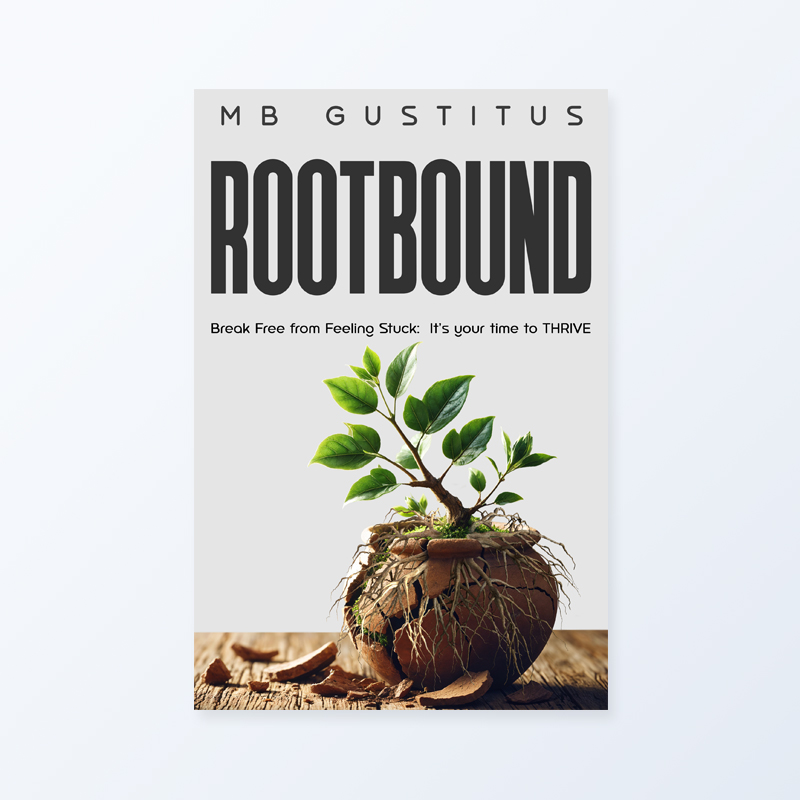Six Things I Learned While Recovering From Burnout
Burnout can happen to anyone at any stage of their career, and it’s no surprise that so many professionals are feeling overwhelmed and exhausted. Recovering from burnout requires hard work, dedication and self-care, which I discovered firsthand when I found myself struggling with this condition. After months of recovery, contemplation, trial-and-error and the help of loving family and friends – not to mention a few priceless learning experiences – I’ve come out the other side stronger than before! In this post I’ll share six important things I learned while recovering from burnout: how to listen to my body; ways to create clear boundaries; techniques for better communication; how gratitude can be a powerful tool in healing; coping strategies for difficult emotions; and finally why self-care really is key for long term success.
Prioritize rest and self-care – it’s essential for healing
Taking care of oneself ought to be a top priority for individuals who desire optimal healing. Whether it is taking the time to rest, eating healthily, or pursuing activities that bring joy, investing in self-care has been identified as a critical element of wellbeing. Sometimes, we can erroneously allocate our energy to fulfilling various tasks, leaving little room for rest and relaxation. However, doing this often leads to burnout, which impairs our mental as well as physical wellbeing. By prioritizing rest and self-care, individuals can give themselves permission to recharge so that they can bring their best selves to the table, whether it is at work, school, or their personal lives.
Make the most of your time off from work or everyday tasks
When it comes time to finally take a break from the daily grind, it’s important to make the most of your time off. Whether it’s a vacation, a staycation, or even just a day off, the key is to plan ahead. Consider what activities will bring you the most joy and relaxation, and don’t be afraid to try something new. Maybe it’s finally picking up that book you’ve been meaning to read, or taking a spontaneous road trip. Whatever you choose, be intentional about your time and make sure to prioritize self-care. By doing so, you’ll return to your daily routine feeling refreshed and recharged.
Ask for help when needed – don’t be too proud to accept assistance from friends and family
Asking for help can be a difficult thing to do, especially if you are used to being self-sufficient. However, it is important to remember that no one can handle everything on their own all of the time. There is no shame in reaching out to friends and family for assistance when you need it. Whether you need help with a project or advice on a personal matter, your loved ones are there to support you. By accepting their help, you are not only expanding your own capabilities but strengthening your relationships as well. Remember, asking for help is a sign of strength, not weakness.
Learn to say “no” – being able to decline things that aren’t important will help you save energy where you need it most
Learning to say “no” can be a valuable skill that can help you prioritize what’s truly important in your life. In fact, declining things that aren’t important to you can save you a lot of time and energy you can use for more significant tasks. Sometimes, it can be tempting to say “yes” to every opportunity that comes along for fear of missing out or disappointing others. However, setting boundaries and learning to value your own time can help you be more productive, reduce stress, and boost your overall well-being. By mastering the art of saying “no,” you can pave a more fulfilling path for yourself and focus on the things that matter most.
Establish creative outlets – such as writing, drawing, music, gardening, or cooking as a way of expressing yourself
Having a creative outlet can serve as a valuable form of self-expression. Engaging in activities such as writing, drawing, music, gardening, or cooking can provide a way to channel emotions and ideas in a constructive manner. Rather than bottling up feelings or suppressing thoughts, utilizing a creative outlet can foster self-awareness and promote mental wellbeing. Whether it’s writing down reflections in a journal, strumming a guitar, or preparing a homemade meal, the act of creating something can be a cathartic and fulfilling experience. So the next time you’re feeling overwhelmed or uninspired, consider trying out a new creative outlet as a way to tap into your inner thoughts and emotions.
Don’t be hard on yourself – progress takes time and patience so give yourself the space to heal at your own pace
It’s easy to get down on yourself when you feel like you’re not making progress fast enough. But the truth is, healing and progress are not linear processes. Remember that everyone moves at their own pace, and what works for one person may not work for another. It’s important to give yourself the space to heal however you need to. Be kind to yourself, and know that progress takes time. With patience and persistence, you will reach your goals. Just remember to celebrate the small victories along the way.
In conclusion, self-care and rest should be a priority in order to foster healing. Maximize your time off from everyday life by engaging in creative activities that increase your quality of life and allow you to express yourself. Furthermore, don’t be afraid to ask for help when needed and always remember to say “no” if it’s not something that serves your own health goals. Above all else, don’t be too hard on yourself as progress takes time and patience. It is possible to find your way back to balance, acceptance, joy and wellbeing – so stay positive, take one step at a time, and trust that healing is within reach!





